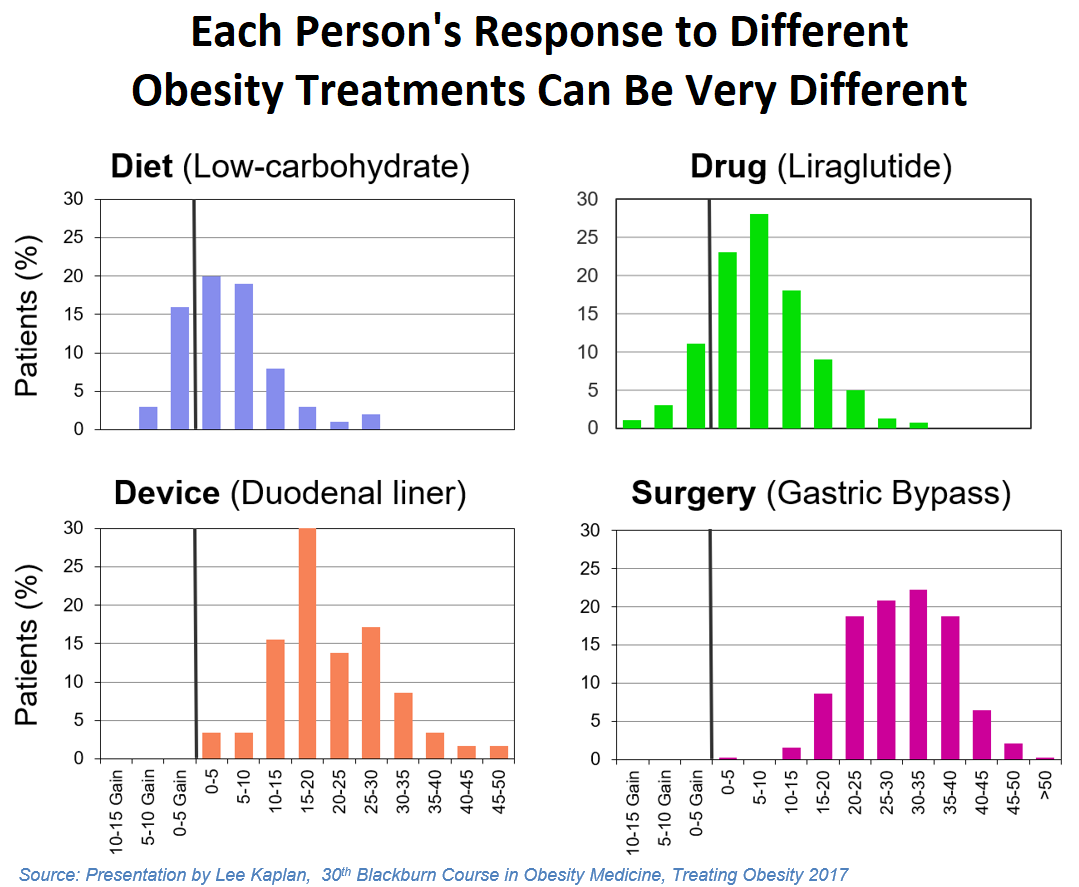
Facing Obesity: Unarmed in a Rock Fight
In a most compelling way, Tommy Tomlinson describes his lifetime of experiences facing obesity:
Losing weight is a f***ing rock fight. The enemies come from all sides: The deluge of marketing telling us to eat worse and eat more. The culture that has turned food into one of the last acceptable vices. Our families and friends, who want us to share in their pleasure. Our own body chemistry, dragging us back to the table out of fear that we’ll starve.
On top of all that, some of us fight holes in our souls that a boxcar of donuts couldn’t fill.
Tomlinson is a highly successful writer and journalist. Nonetheless, he feels the burden of a lifetime trying to overcome obesity.
Several Options, Far from Ideal
 In his own way, Tomlinson makes one point especially clear. People have lots of options. But none of them are ideal. As Professor Lee Kaplan tells us so clearly, every person’s response to any particular approach for treating obesity is different.
In his own way, Tomlinson makes one point especially clear. People have lots of options. But none of them are ideal. As Professor Lee Kaplan tells us so clearly, every person’s response to any particular approach for treating obesity is different.
Some (very few) people will lose weight from dietary changes on a scale that’s comparable to what we might expect from surgery. And different people will respond differently to different diets. You might think that genetic testing would tell doctors who responds to what. But you’d be wrong. Maybe someday that will be true. But it isn’t true today.
Other people might have a very good response to one of the newer anti-obesity meds. It’s worth a shot, but if patients don’t see an effect within 12-16 weeks with a particular med, they need to move on.
Surgery is the most potent option, but it’s also the most intimidating. Some people think – falsely – that having surgery a concession of defeat. The stigma attached to it is one of the big reasons. Many people who have surgery never tell a soul, because they know they’ll be shamed for it.
Self-Stigma Leaves Us Unarmed
But the stigma that does the most harm is self-stigma. It comes from a lifetime of struggling with obesity, armed only with myths about what it takes to overcome it. On top of that, self-stigma puts options that might work out of reach for some people. For that and many other reasons, the burden of self-stigma takes a heavy toll on health and the odds for success in overcoming obesity.
Says Tomlinson:
I don’t judge any people who try to find their own way. I speak only for myself here: For me, surgery feels like giving up. I know that the first step of 12-step programs is admitting that you’re powerless over your addiction. But I don’t feel powerless yet.
My plan is to lose weight in a simple, steady, sustainable way.
We wish him luck on this journey. So far, so good. He’s four years into his plan and his weight is down. Like all of us, he will hit some potholes. When we do, we need a plan b.
Click here to read more of Tomlinson’s story and here for information about his forthcoming book.
Tommy Tomlinson in Childhood, photograph © Tommy Tomlinson
Subscribe by email to follow the accumulating evidence and observations that shape our view of health, obesity, and policy.
January 12, 2019
